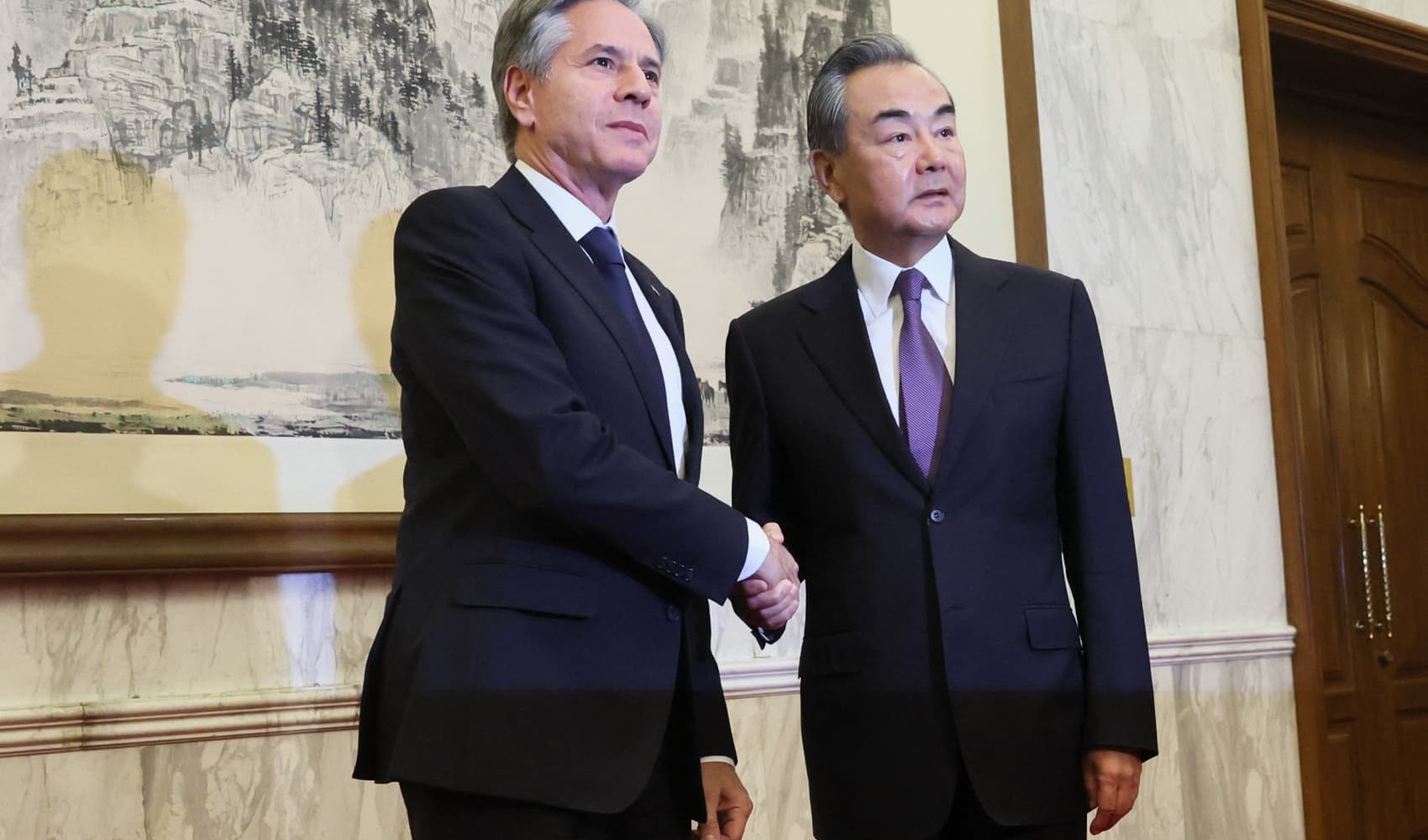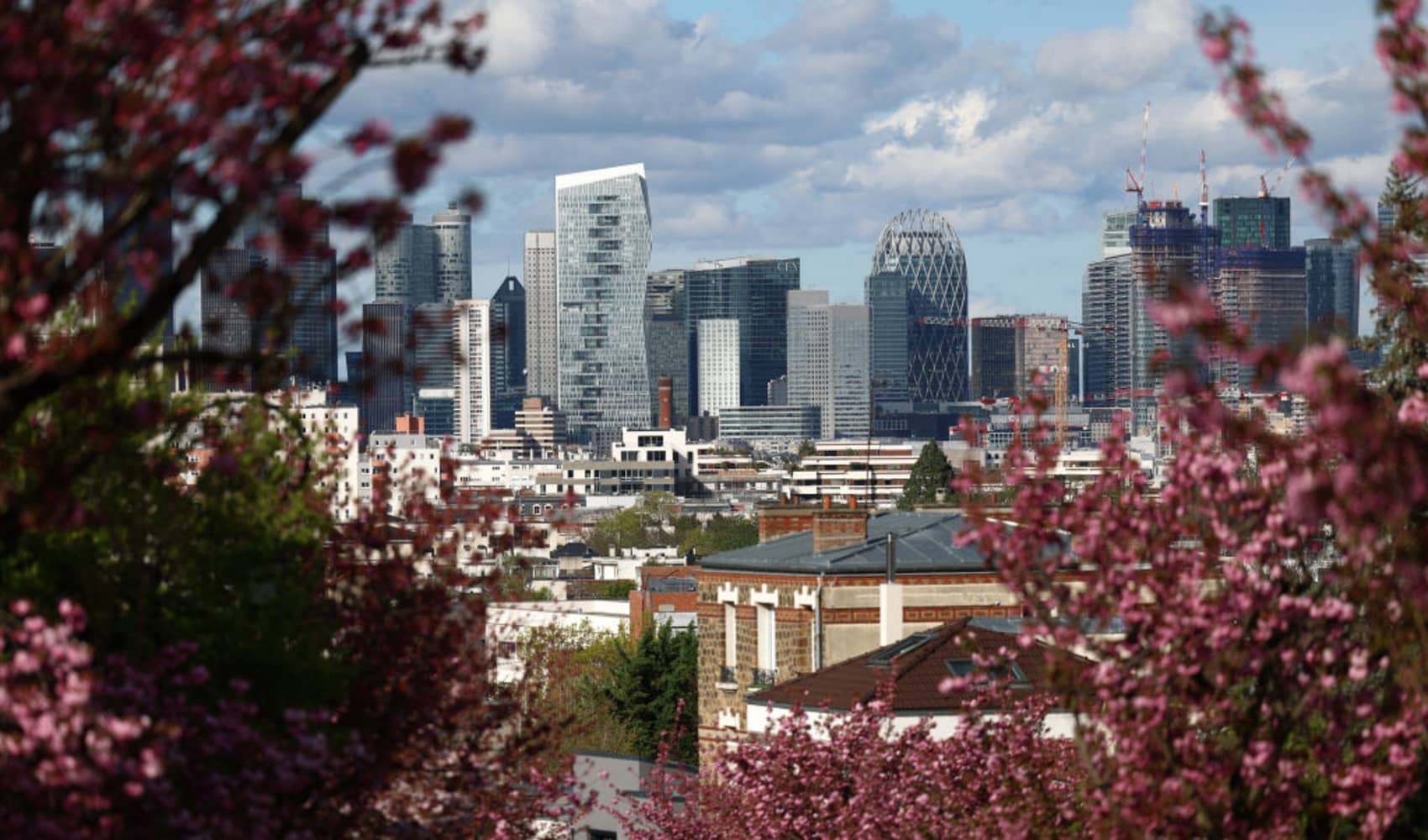
- More than $40 million was reportedly withdrawn from the state-owned Commercial Bank of Ethiopia or transferred to other banks before transactions were halted.
- The bank's President Abie Sano told a press conference on Monday that a large portion of the cash was withdrawn by students.
- In a post on X, the CBE confirmed the service interruption but denied that it was the result of a cyber attack. It added that its ATM services were now "fully operational."
Ethiopia's largest bank is struggling to recoup millions of dollars after a glitch over the weekend allowed customers to withdraw unlimited funds, according to local media reports.
More than $40 million was reportedly withdrawn from the state-owned Commercial Bank of Ethiopia or transferred to other banks, as customers discovered they could withdraw more than their total balance. Transactions were halted several hours later.
The bank's President Abie Sano told a press conference on Monday that a large portion of the cash was withdrawn by students, with the BBC reporting that long lines formed at campus ATMs.
Get New England news, weather forecasts and entertainment stories to your inbox. Sign up for NECN newsletters.
Several universities have urged students to return cash that isn't theirs, and Sano reportedly told Monday's press conference that anybody who returns the money will not be criminally prosecuted.
In a post on X, the CBE confirmed the service interruption but denied that it was the result of a cyber attack. It added that its ATM services were now "fully operational," according to a Google translation.
Ethiopia's central bank, which oversees its financial sector, said in a statement that the interruption was a result of system security checks and "not an incident that endangers the bank, its customers and the entire financial system," according to a Google translation.
Money Report
"The problem stemmed from an internal application update, not an external attack. There are no issues affecting the bank's customers," a CBE spokesperson told CNBC.






